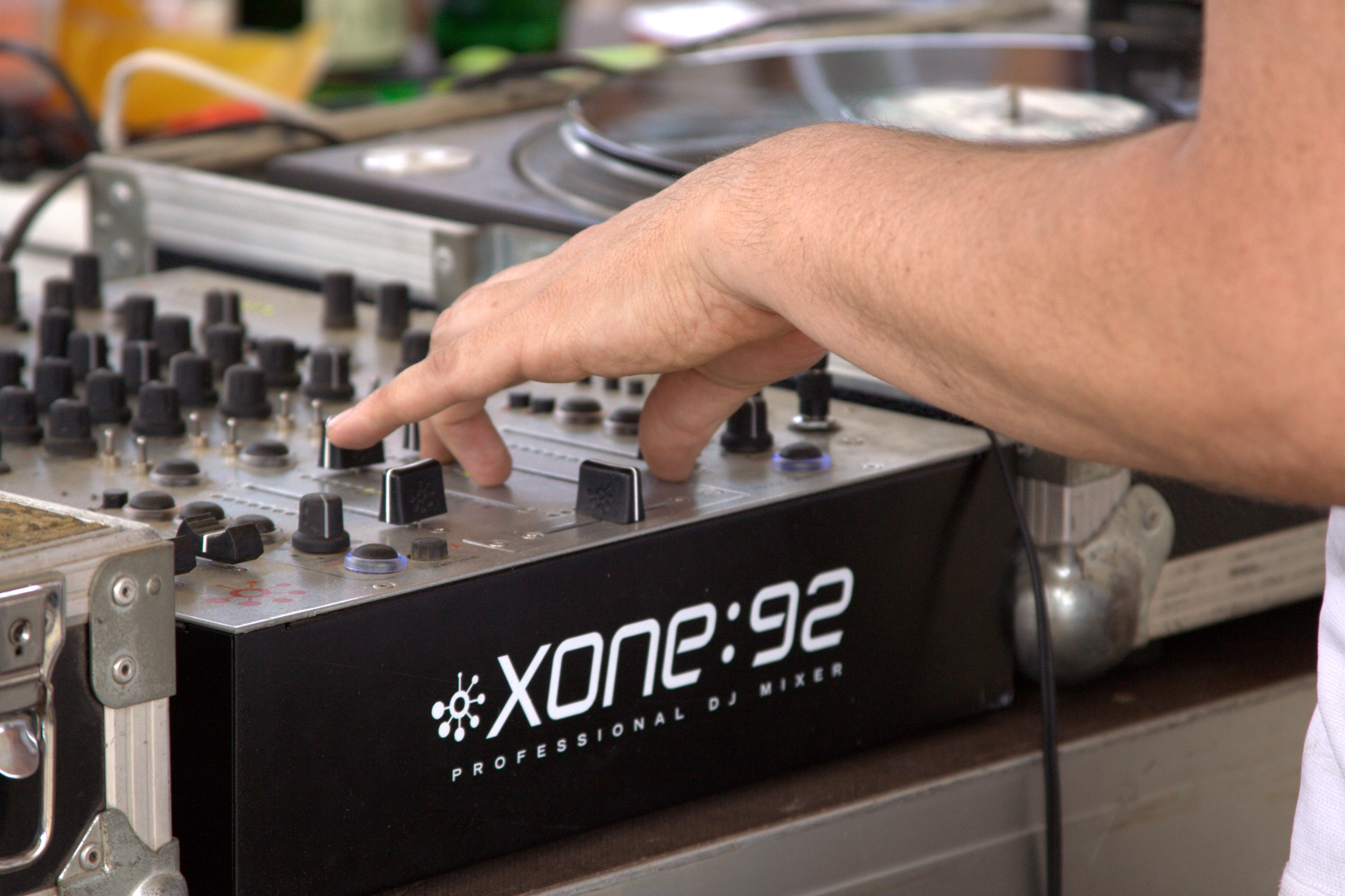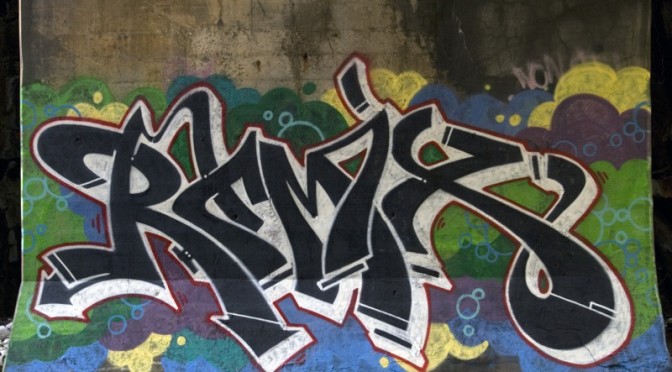This fall quarter, I am in my Senior year Capstone course for the Geography department (GEO 300). For the nerdy academic types out there, the Capstone can be an exciting and stressful time of investigation, theorizing, and research.
If you are uninitiated to Capstones (whether you are a transfer or a first-year student), DePaul’s Undergraduate Student Handbook explains that “The Senior Capstone experience allows students to explore substantive areas of scholarship and creative works within their major. Students are given the opportunity to create knowledge within the context of the ideas, perspectives, and research of others in the discipline.”
For my Capstone, I am taking a paper written for a previous class as my baseline. Essentially, I am ‘remixing’ a previous paper for a new purpose! In this blog, I will discuss the benefits of using your previous work to inform what you are working on now.

A different kind of mixing. Image Courtesy of Creative Commons.
1. Previous writing can inform your present work.
Sometimes what we have previously written was not fully realized or could go in directions that it didn’t due to limitations or parameters. Maybe you wrote a research paper that you thought had an interesting premise, but didn’t work out the way you imagined. My Capstone professor recommended the class to look through what we have written and worked on throughout our time at DePaul to see whether any of it had the potential of being a Capstone. Even if you are not writing a Capstone, keeping track of what you have done before can provide inspiration for future projects.
2. Inspiration
Inspiration can be a key component in developing new work. Occasionally, the references, ideas, or material from a previous paper can be transferred to a new subject or topic. For example, peer reviewed articles that I have used as the basis for one paper were used in my background and supporting information for another paper.
3. Make your task easier to handle.
Remixing or recycling parts of what you have done before can make the present challenge of a project easier. It is helpful to ask yourself when you are finding difficulty in how to approach a problem: can my past experiences, projects, etc. help assist in me right now? If so, how can it smoothly transition into the context of your problem?
Let’s say, hypothetically, a person wrote about the marketing of fast food in an advertising class. If that person had an ethics class where the final project was an ethical analysis of a student’s choosing, they could use their previous marketing class work as a base for an ethical analysis of McDonald’s, Burger King, or whatever fast food company’s advertising.
Of course, if you intend on doing something like that, it’s a smart idea to ask your professor if that is an okay idea. It also may not be wise to literally copy and paste paragraphs from a previous paper into a new one. Remember, remixing is not about doing no work and being lazy.

Don’t copy and paste then fall sleep. Image courtesy of Creative Commons.
Do not force a remixing of a previous work that does not work. Knowledge is cumulative, but that does not mean all of your knowledge can accumulate into what you’re doing right now. As always when writing, it is smart to be flexible in how you approach a given problem. Remixing is just one way out of many.
I hope the concept of remixing assists you in the future! Have you ever remixed before? Feel free to tell us in the comments.

